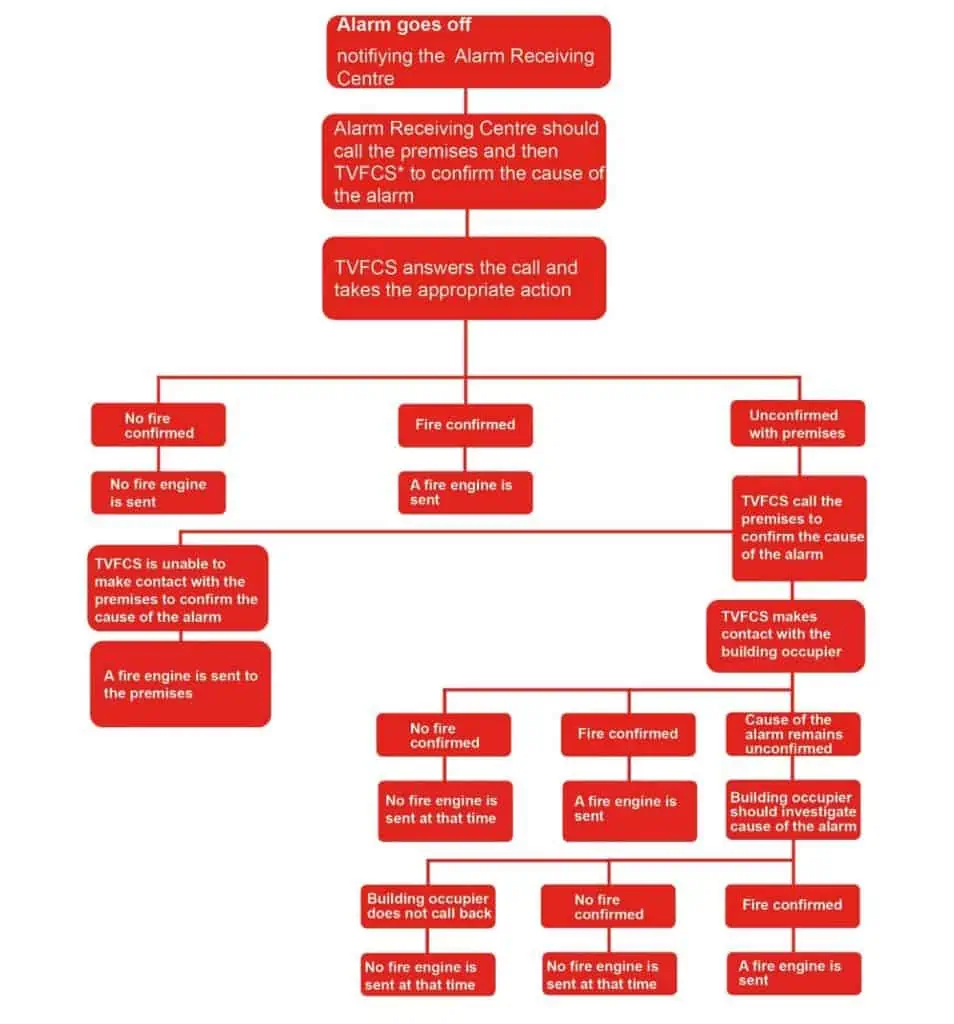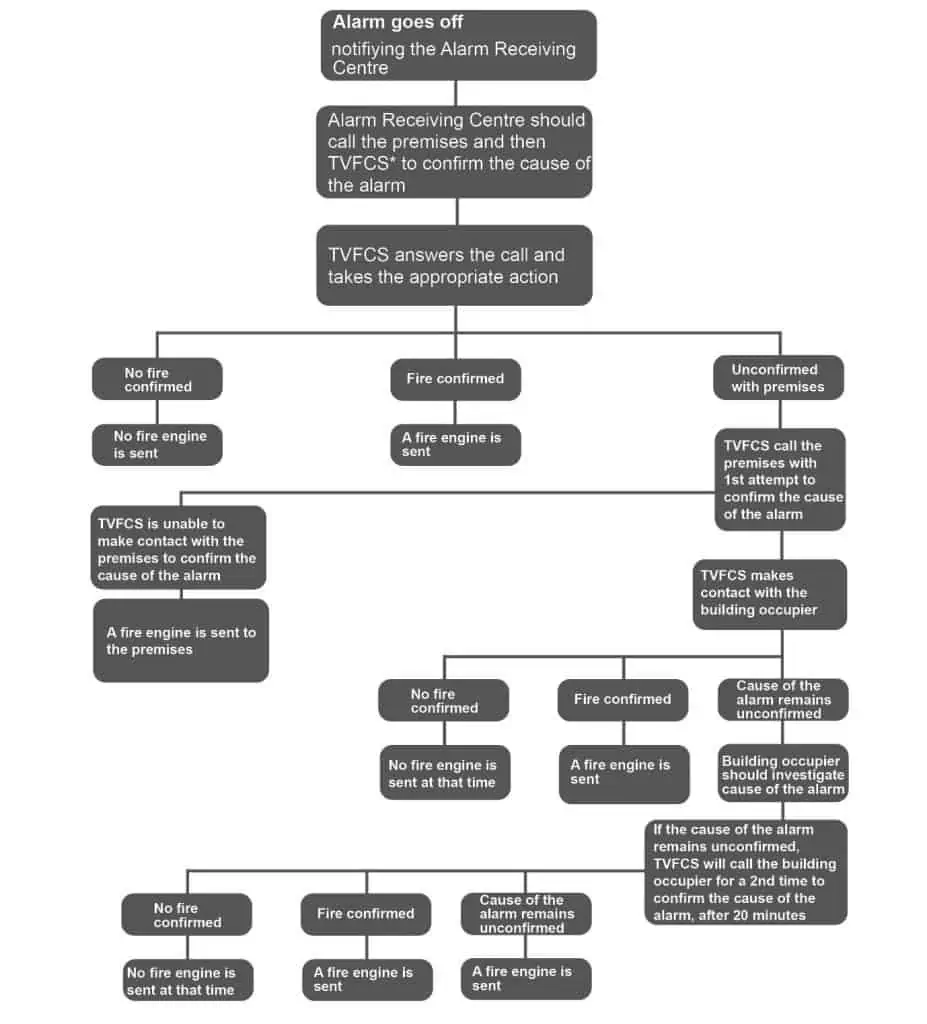Royal Berkshire Fire Authority recently consulted on how your fire and rescue service responds to Automatic Fire Alarms (AFAs) in lower risk, occupied buildings such as shops, office blocks and factories.
The changes being implemented as a result of the consultation will not affect the way that we respond to Automatic Fire Alarms in high-risk buildings, such as houses, flats, hotels, student accommodation, care homes and hospitals. In these cases, we will still always send a fire engine.
The consultation, which ran from Monday, 17 January to Monday, 28 March 2022, encouraged as many people as possible to have their say on the two options detailed within the Automatic Fire Alarm Consultation Document, which was also made available in a variety of accessible formats and languages.
99% of the Automatic Fire Alarm calls are false alarms, placing a significant burden on the Fire and Rescue Service, with on average, 2,200 Automatic Fire Alarm calls attended every year that are false alarms.
A total of 468 responses were received during the consultation period on the proposals outlined. This report summarises the main findings from the Automatic Fire Alarm Consultation.
Following the consultation, Royal Berkshire Fire Authority met on 28 April 2022 to conscientiously consider all feedback received. At the meeting, Members of the Fire Authority voted unanimously to agree a new process.
The difference between the new process and the old process is the removal of the second call back after 20 minutes. Removing the second call back is low risk, because the responsible person at the property will be required to do the necessary checks and confirm if there is a fire.
The new process
When the Fire and Rescue Service Control Room receives a notification of an Automatic Fire Alarm sounding, we will ask the building to confirm the cause of the alarm. As part of our new process:
- The second call back after 20 minutes is being removed because the occupier will do their necessary fire safety checks and let us know if there is a fire. If there is a fire, we will send a fire engine.
- If we can’t make contact with the building, we will send a fire engine.
- If they don’t call back or confirm there is a fire, we won’t send a fire engine at that time.

The old process
When the Fire and Rescue Service Control Room receives a notification of an automatic fire alarm sounding:
- If it is confirmed that there is no fire, we won’t send a fire engine.
- If there is a fire, we will send a fire engine.
- If we can’t make contact with the building, we will send a fire engine.
- OR if the alarm goes off and the occupier is unable to confirm the cause on the first call, we will ask them to check if there is a fire as part of their necessary fire safety checks. If a fire is still not confirmed, we will call again for a second time, after 20 minutes, and if it’s still not confirmed, we will send a fire engine.

The new process will be implemented as of Wednesday, 1 June 2022. Evaluation of the change will take place after its introduction to ensure that we can deliver the benefits identified in the consultation document.
Thank you to everyone who had their say on the proposals. For further information on the consultation, please visit our website.